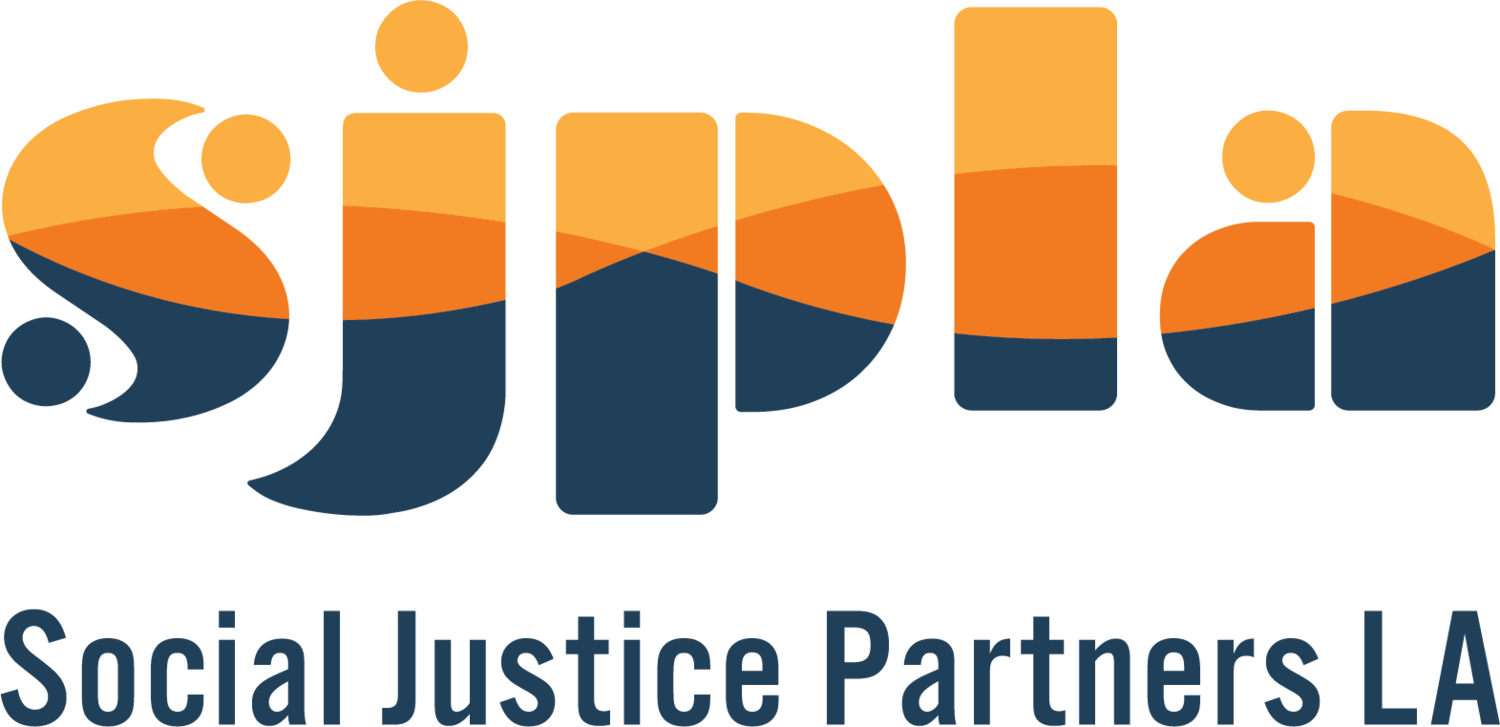Announcing the 2024-25 Systems Change Fellowship Cohort
We are thrilled to introduce the remarkable leaders joining our 2024-25 Systems Change Fellowship program. The Systems Change Fellowship supports local nonprofit leaders in tackling systemic injustices. Our fellowship provides unrestricted grants, pro-bono coaching, and a supportive network to catalyze systemic change across our communities.
Let's meet the leaders who will be building a powerful community, expanding their capacity through connection, and amplifying their collective impact in the coming year:
Sonya Aadam - California Black Women's Health Project
Sonya, CEO of the California Black Women's Health Project (CABWHP), is taking on the looming crisis of Alzheimer's and dementia in Black communities. With over 20 years of experience in strategic planning and a deep commitment to health equity, Sonya is poised to address the disproportionate impact of these conditions on Black women and families. Her initiative aims to ensure that healthcare systems are prepared to effectively prevent, diagnose, and treat Alzheimer's in Black communities.Phillip "Rock" Lester - Opportunities for Success
As a chapter coordinator with TimeDone and a board member of the Watts Neighborhood Council, Rock brings his lived experience to the forefront of youth justice reform. His initiative, Opportunities for Success (OFS), tackles the negative impacts of youth justice and restitution on young people and families in underserved communities. Rock's work bridges policy advocacy and grassroots action, driving meaningful change in the justice system.Okha Butler - The Heart Center
Inspired by her personal journey of healing, Okha founded The Heart Center to support individuals impacted by incarceration and domestic violence. As a certified yoga teacher, sound healer, and Reiki practitioner, Okha envisions a retreat center that offers various healing modalities to those affected by the trauma of incarceration. Her initiative aims to provide a sanctuary where individuals can choose their path to recovery and transformation.Dr. Avriel Epps - AI4Abolition
Avriel, a computational social scientist and abolitionist, leads AI4Abolition's Justice GPT initiative. This groundbreaking project utilizes community-developed technology to scale access to transformative justice resources for systems-impacted BIPOC youth and femmes. With her expertise in AI and developmental science, Avriel is at the forefront of addressing algorithmic bias and promoting digital justice.Maribel Cruz - ÓRALE: Organizing Rooted in Abolition Liberation and Empowerment
As the Associate Director of ÓRALE, Maribel spearheads the Health Justice for Undocumented Communities initiative. Drawing from her personal experience as an undocumented person, Maribel advocates for improved healthcare access and safety net programs for undocumented Californians. Her work focuses on ensuring the health and dignity of aging undocumented communities through primary care access and policy change.Rahje Branch - Umoja Food Collective
Rahje, Executive Director of Umoja Food Collective, is tackling food apartheid in Los Angeles and surrounding areas. Her initiative supports local Black food entrepreneurs, aiming to increase economic opportunities and improve access to healthy food options in Black communities. Rahje's experience in community engagement and network building drives her commitment to promoting equity in the food industry.Dr. Peter Watts - Watts of Power Foundation
Peter, CEO and Co-Founder of the Watts of Power Foundation, leads The Village Initiative to address the pipeline gap for Black male educators in Los Angeles. With over 27 years of experience as a teacher and administrator, Peter is dedicated to recruiting and training Black male teachers. His work aims to enhance educational outcomes for all children, with a particular focus on improving outcomes for Black students.
A Collective Force for Change
From health equity and justice reform to education and food security, each initiative addresses a crucial aspect of systemic injustice in our communities. Together, they form a powerful network of change-makers, each bringing unique lived experience and solutions to the table.
Through the fellowship, these leaders will engage in collaborative learning, share insights from their experiences, and build meaningful connections that strengthen our collective journey toward justice. As they embark on this nine-month program, we invite our community to follow their progress and support their initiatives.
Stay tuned for updates on our website and social media channels as we share the stories of our 2024-25 Systems Change Fellows.







Sonya Young Aadam (she/her)